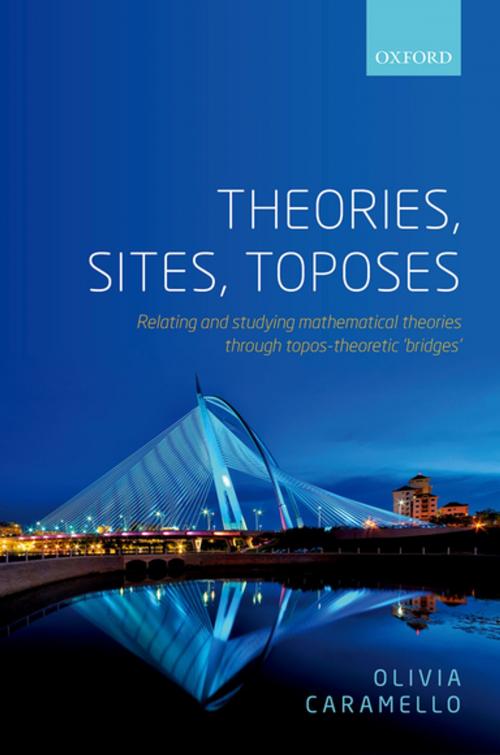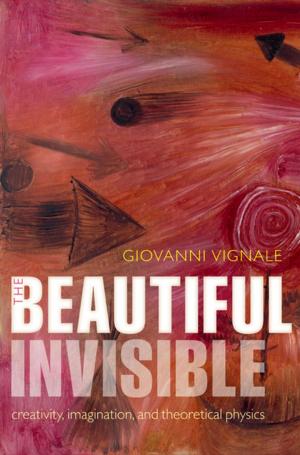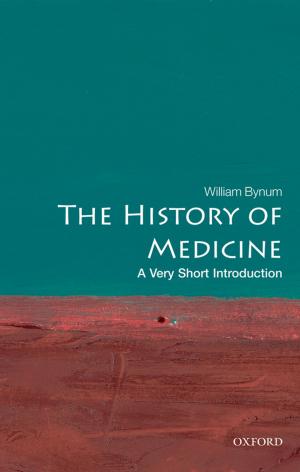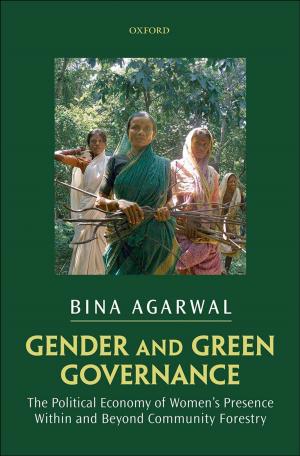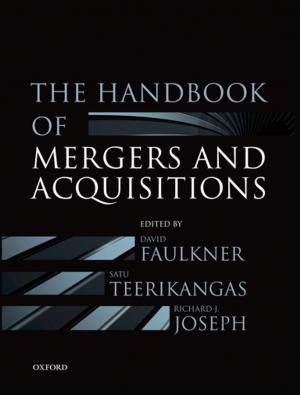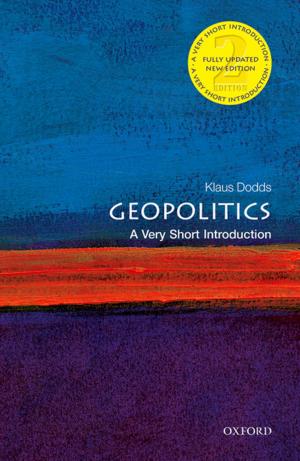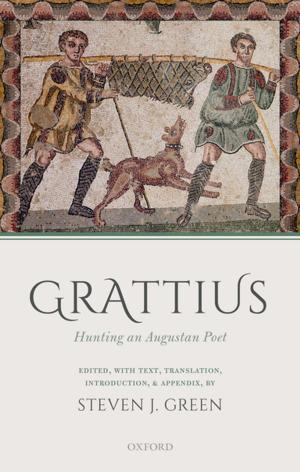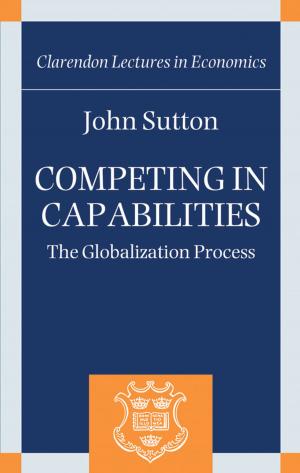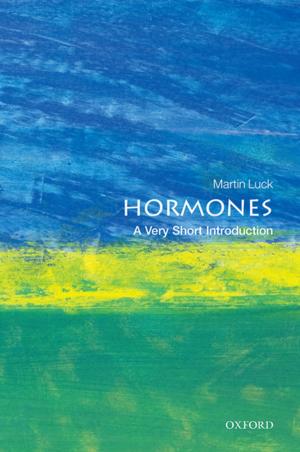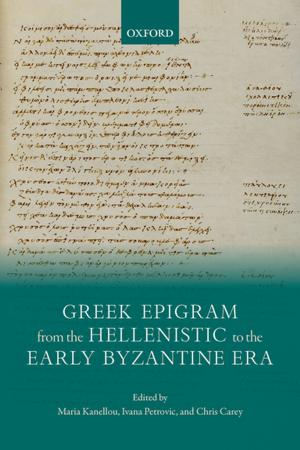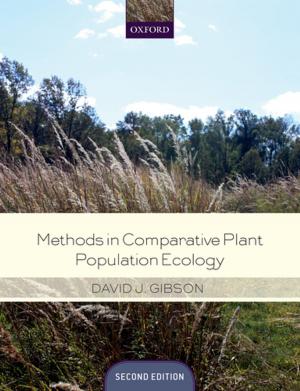Theories, Sites, Toposes
Relating and studying mathematical theories through topos-theoretic 'bridges'
Nonfiction, Religion & Spirituality, Philosophy, Logic, Science & Nature, Mathematics, Science| Author: | Olivia Caramello | ISBN: | 9780191076756 |
| Publisher: | OUP Oxford | Publication: | January 19, 2018 |
| Imprint: | OUP Oxford | Language: | English |
| Author: | Olivia Caramello |
| ISBN: | 9780191076756 |
| Publisher: | OUP Oxford |
| Publication: | January 19, 2018 |
| Imprint: | OUP Oxford |
| Language: | English |
According to Grothendieck, the notion of topos is "the bed or deep river where come to be married geometry and algebra, topology and arithmetic, mathematical logic and category theory, the world of the continuous and that of discontinuous or discrete structures". It is what he had "conceived of most broad to perceive with finesse, by the same language rich of geometric resonances, an "essence" which is common to situations most distant from each other, coming from one region or another of the vast universe of mathematical things". The aim of this book is to present a theory and a number of techniques which allow to give substance to Grothendieck's vision by building on the notion of classifying topos educed by categorical logicians. Mathematical theories (formalized within first-order logic) give rise to geometric objects called sites; the passage from sites to their associated toposes embodies the passage from the logical presentation of theories to their mathematical content, i.e. from syntax to semantics. The essential ambiguity given by the fact that any topos is associated in general with an infinite number of theories or different sites allows to study the relations between different theories, and hence the theories themselves, by using toposes as 'bridges' between these different presentations. The expression or calculation of invariants of toposes in terms of the theories associated with them or their sites of definition generates a great number of results and notions varying according to the different types of presentation, giving rise to a veritable mathematical morphogenesis.
According to Grothendieck, the notion of topos is "the bed or deep river where come to be married geometry and algebra, topology and arithmetic, mathematical logic and category theory, the world of the continuous and that of discontinuous or discrete structures". It is what he had "conceived of most broad to perceive with finesse, by the same language rich of geometric resonances, an "essence" which is common to situations most distant from each other, coming from one region or another of the vast universe of mathematical things". The aim of this book is to present a theory and a number of techniques which allow to give substance to Grothendieck's vision by building on the notion of classifying topos educed by categorical logicians. Mathematical theories (formalized within first-order logic) give rise to geometric objects called sites; the passage from sites to their associated toposes embodies the passage from the logical presentation of theories to their mathematical content, i.e. from syntax to semantics. The essential ambiguity given by the fact that any topos is associated in general with an infinite number of theories or different sites allows to study the relations between different theories, and hence the theories themselves, by using toposes as 'bridges' between these different presentations. The expression or calculation of invariants of toposes in terms of the theories associated with them or their sites of definition generates a great number of results and notions varying according to the different types of presentation, giving rise to a veritable mathematical morphogenesis.
